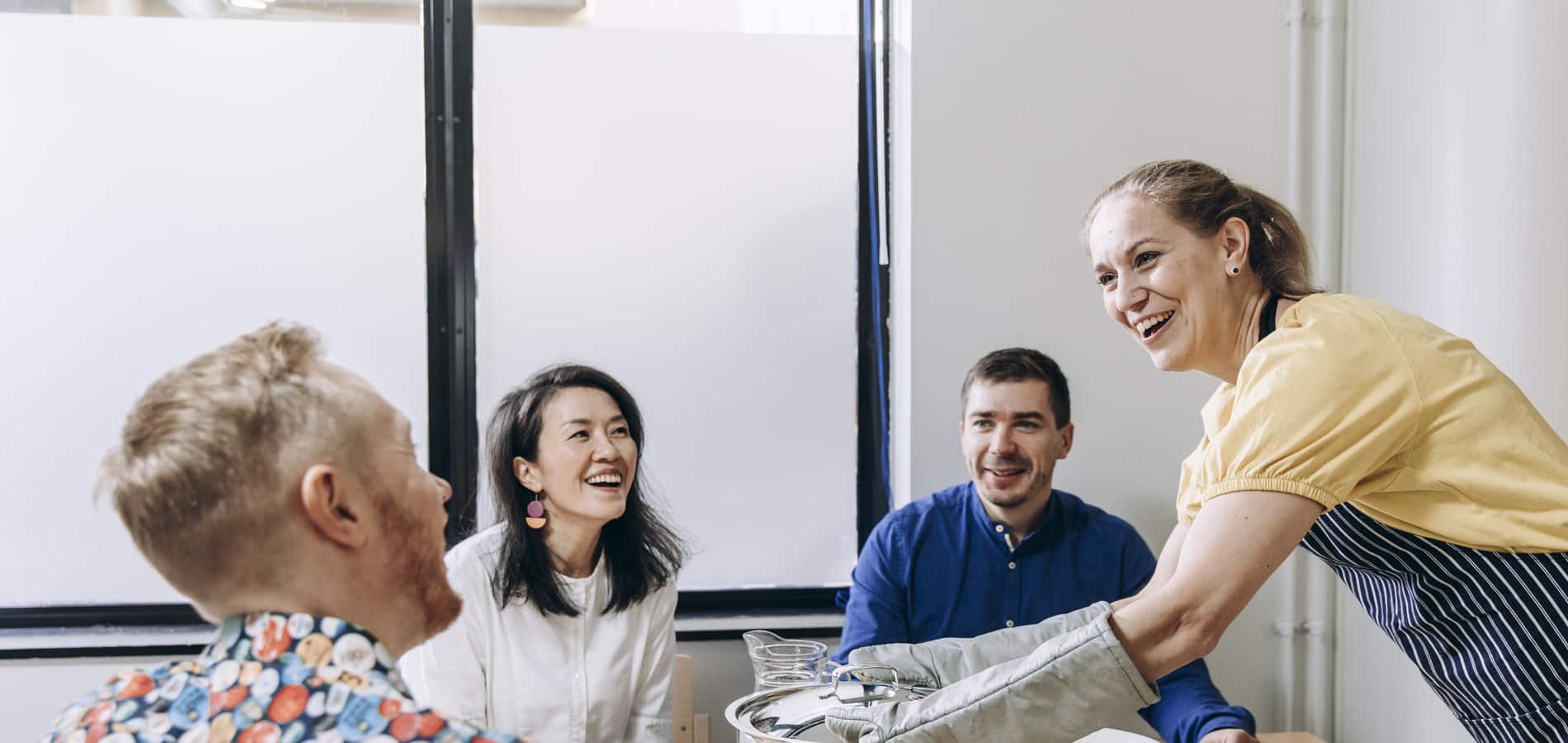
Facts about cancer
One in three people in Finland will develop cancer at some point during their lifetime. Every year, about 30 000 people are diagnosed with cancer. But two thirds of them recover from the disease. These pages contain basic information about how cancer develops, cancer research, and different cancers and their symptoms.
Cancer is a group of different types of cancers
Cancer is not one uniform disease, but the causes, symptoms, types and treatments of different cancers differ from each other. Information about different cancers is gathered in the cancer type page.
Read articleHow is cancer treated?
The goal of cancer treatments is that the cancer is cured, the disease is brought under control, cancer recurrence is prevented and the symptoms caused by the tumor are alleviated. Read more about cancer treatment.
Read articleInformation about cancer in stages
Select the stage you want information about. The content suitable for the stage opens.
Suspicion of cancer
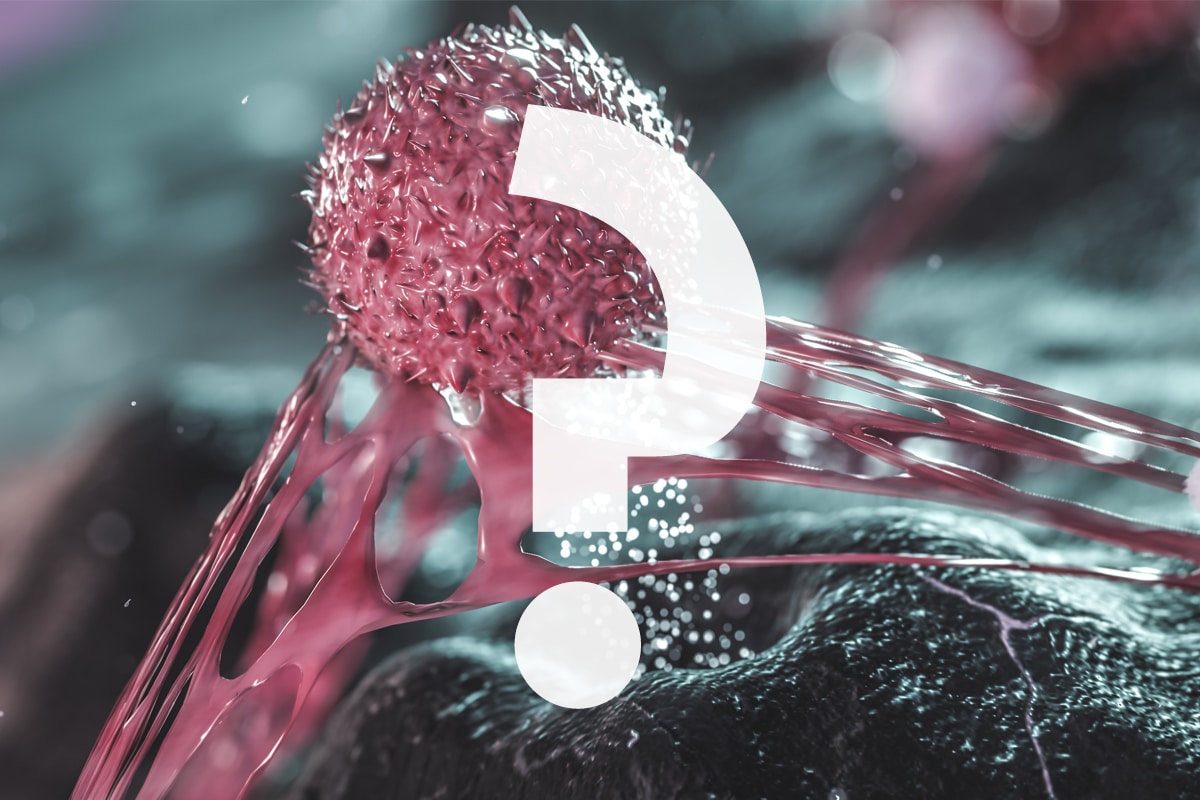
What is cancer?
Cancer is a general term for a large group of diseases, whose causes, characteristics and occurrence can vary greatly. There is no completely clear-cut definition of cancer. Cancer is particularly a disease of older people. Due to population ageing, we have seen an increase in cancer incidence.
Read article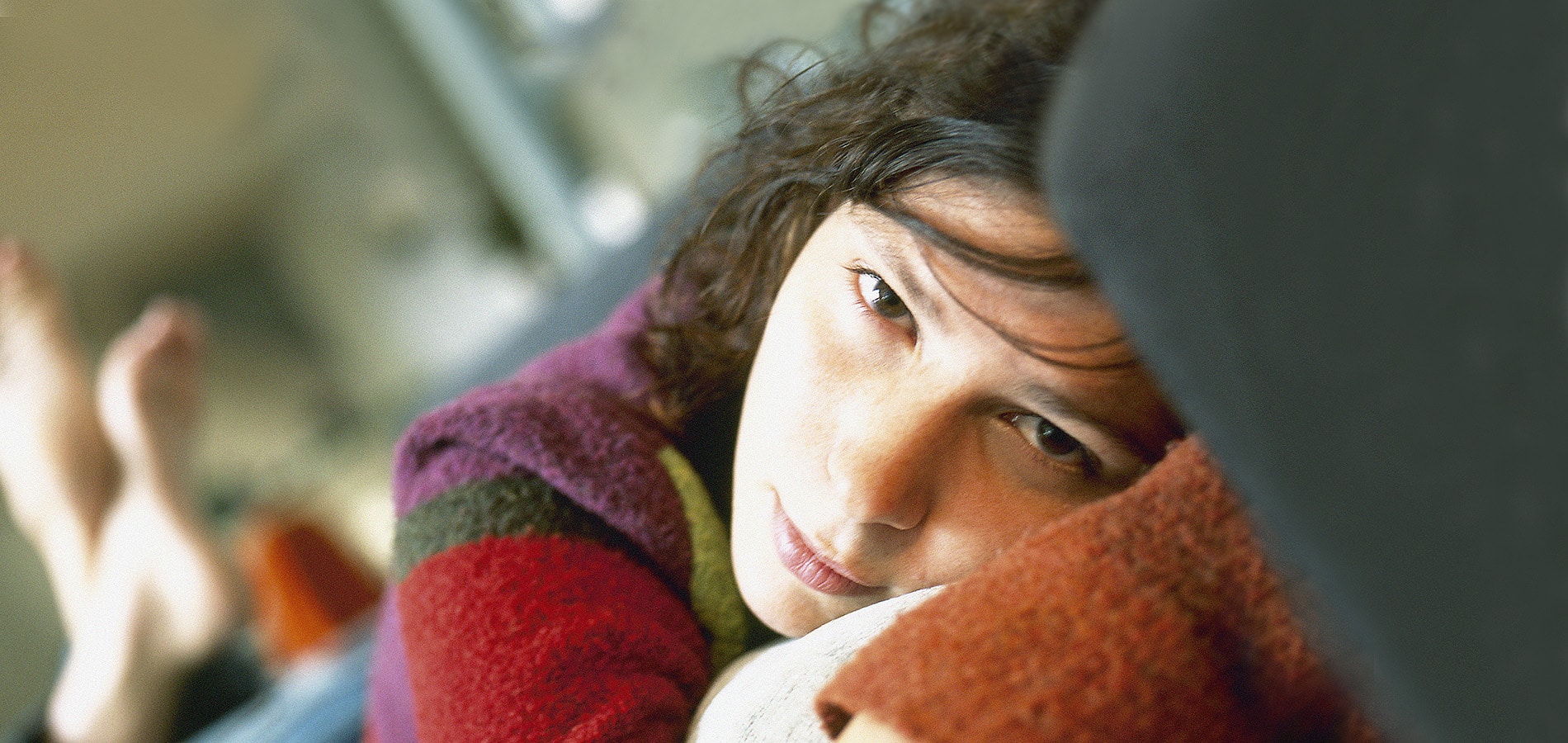
Cancer symptoms
Cancer has numerous symptoms. It may be asymptomatic for a long time or it may involve only very general symptoms, such as fatigue or weight loss.
Read article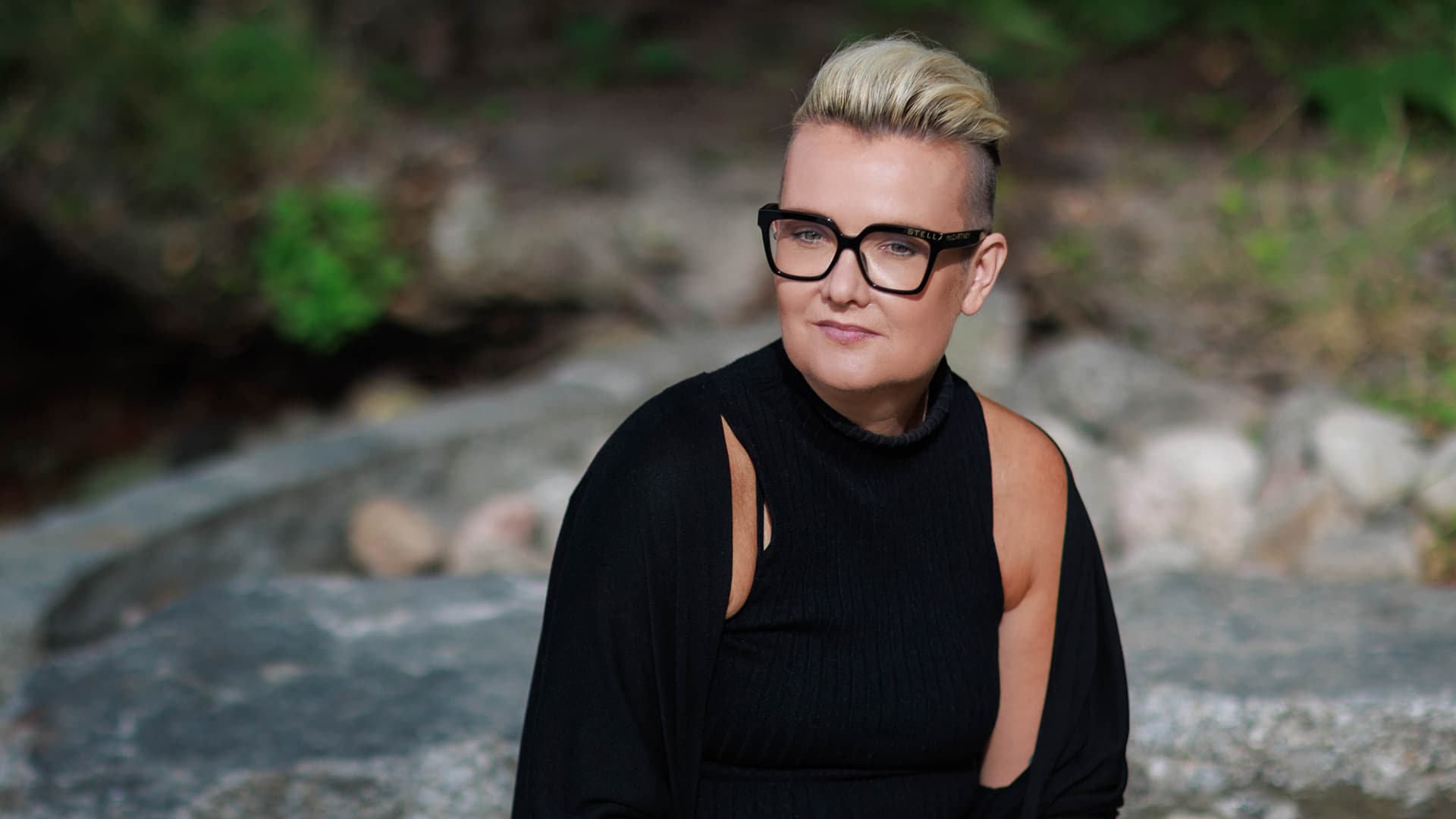
How do I cope with it all?
The strongest emotions often subside gradually over time, and adjustment becomes more and more an inner work in itself.
Read articleInvestigations and ascertainment
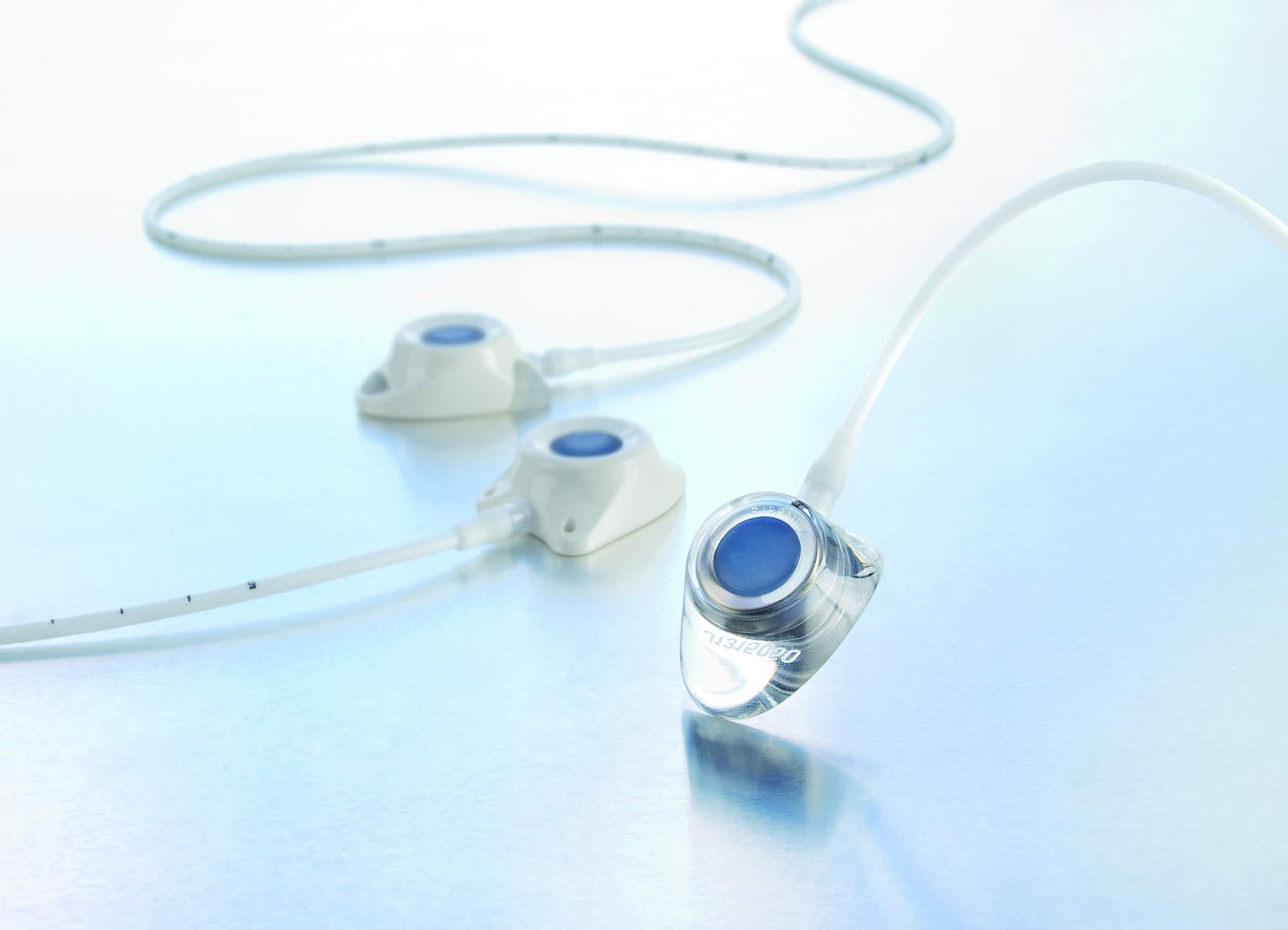
Diagnosis – It can’t be true!
Everyone has their own way of dealing with a cancer diagnosis. Very often it causes a crisis.
Read article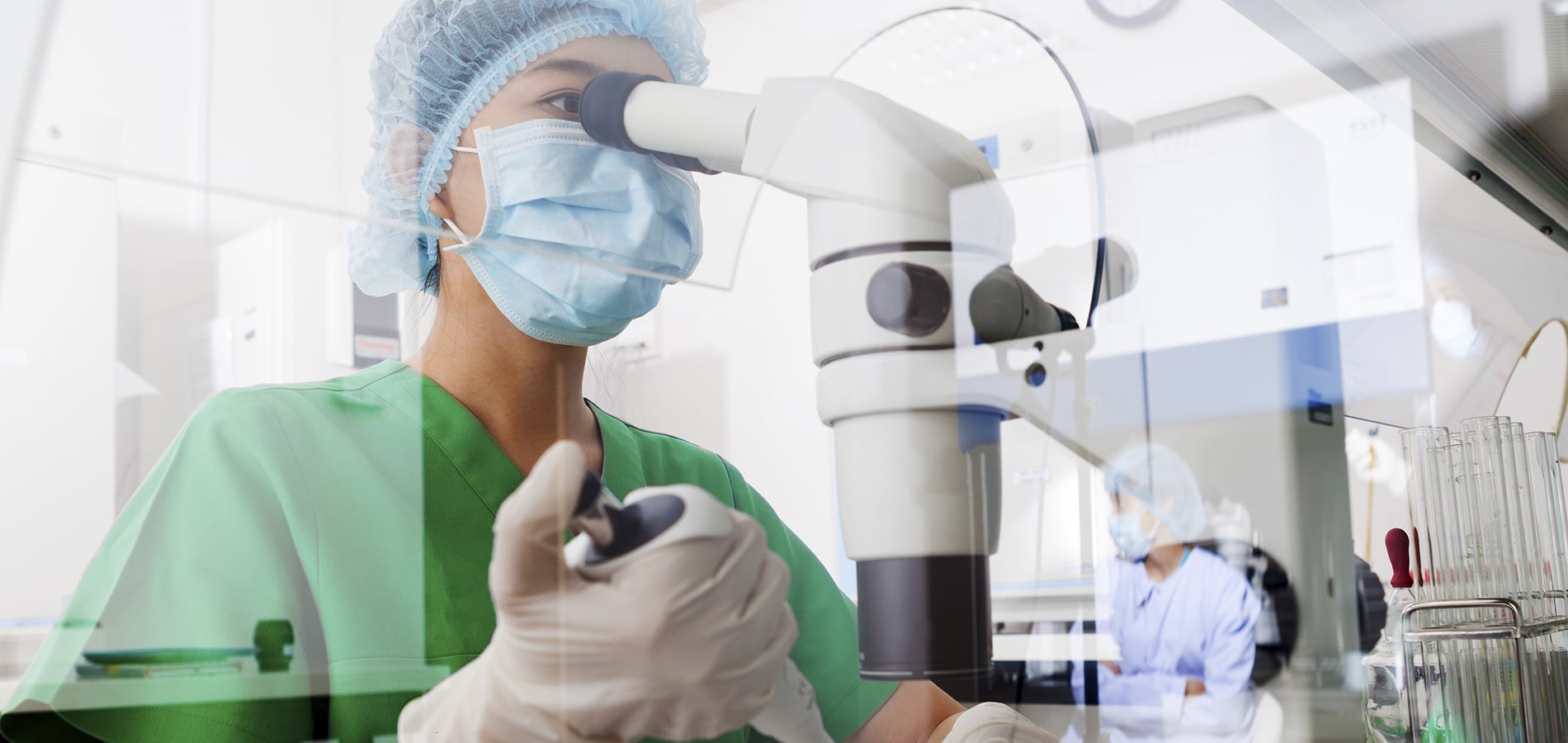
Differentiation and staging of cancer
Cancer has a number of different stages. Following exposure to the factor that causes cancer it usually takes a long time before the cancer begins to develop.
Read article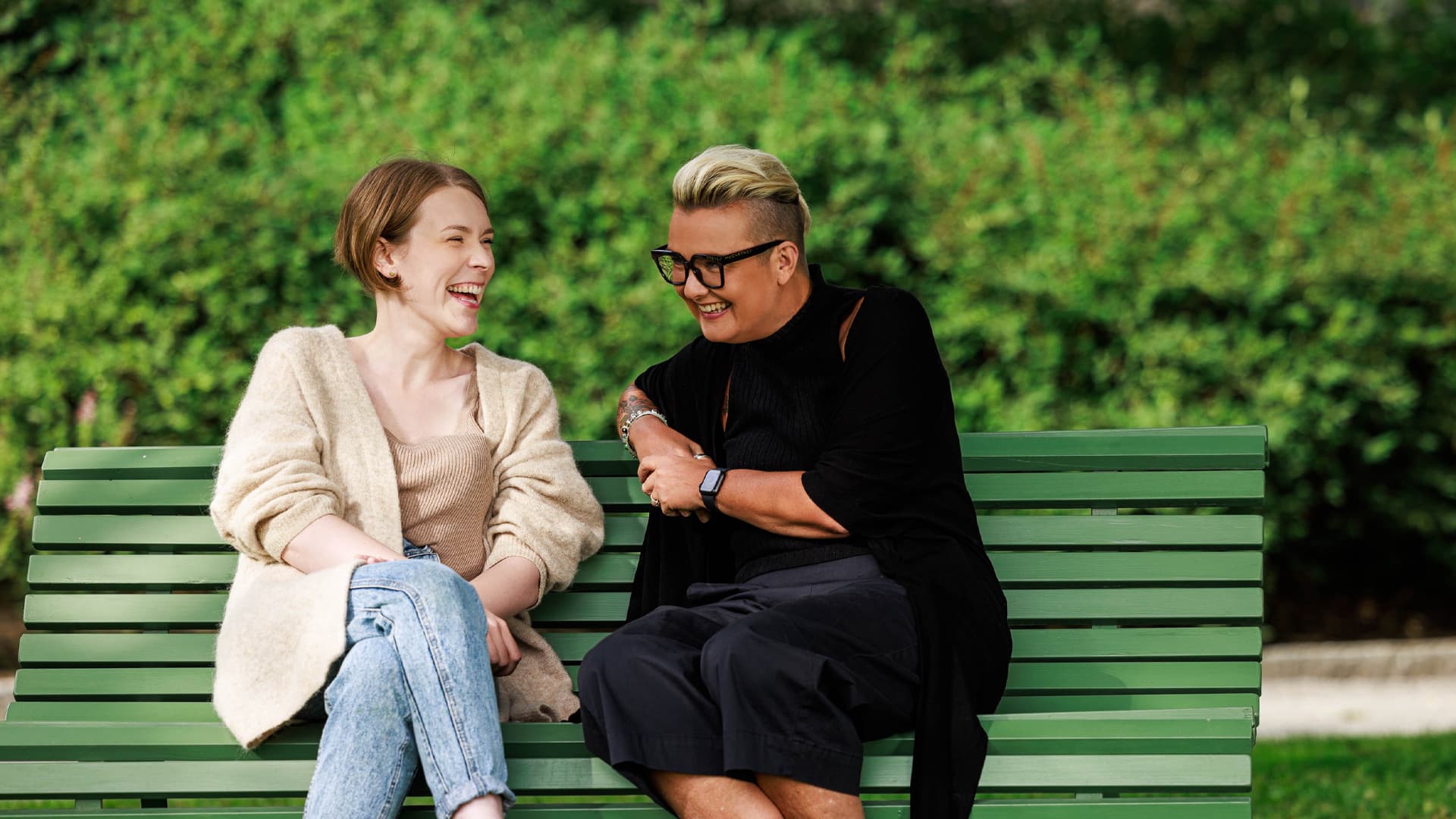
Taking care of yourself
Taking care of daily routines is part of self-care. Taking care of yourself during your illness is the most important way you can contribute to your recovery.
Read articleCancer treatments
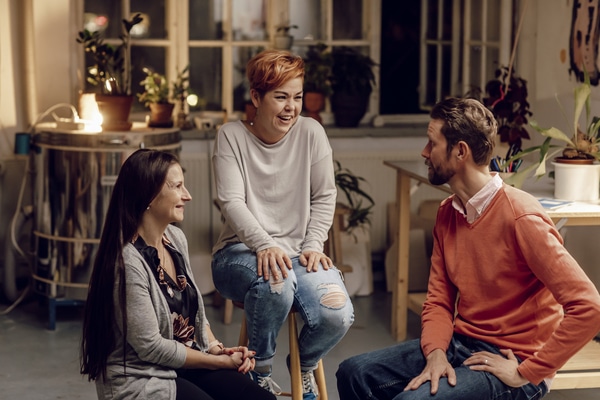
Cancer and work
When you are diagnosed with cancer, the first thing that may come to mind is that there will be a long period off work. But as with many other illnesses, cancer does not necessarily result in work incapacity or being off work for a long period.
Read article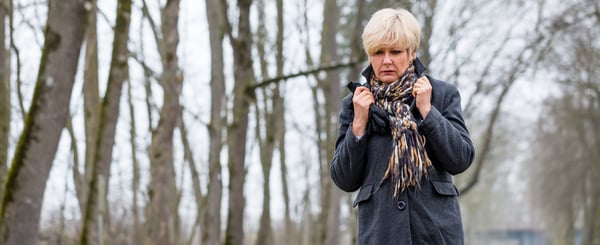
Cancer pain
Cancer and its treatments can cause many different types of pain. Cancer pain is the most common and most important symptom associated with cancer regarding quality of life. Around half of people with cancer experience pain.
Read article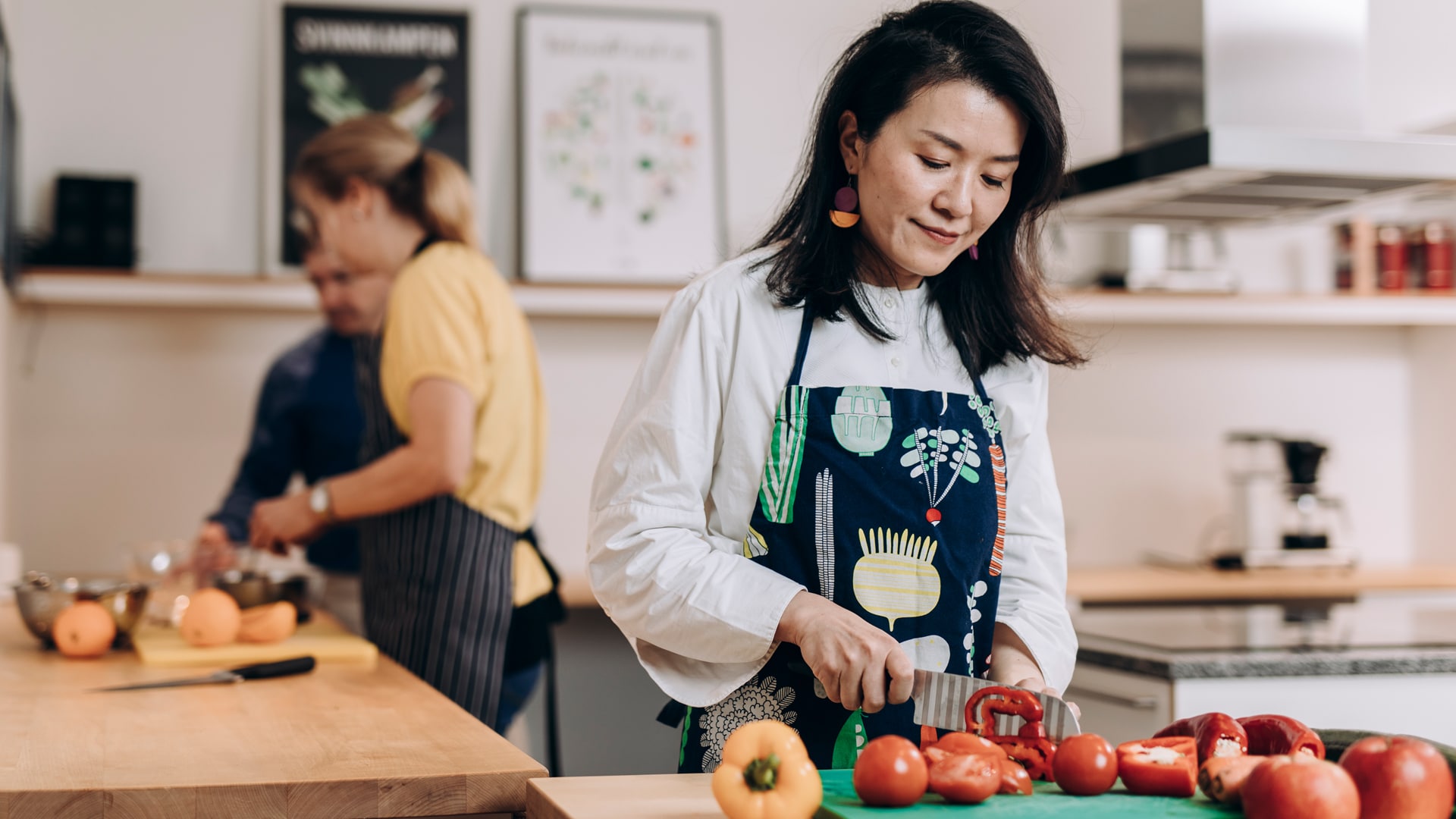
Good nutrition
Good nutrition is particularly important if you have cancer, as it will help you stay as fit as possible.
Read articleFollow-up phase and recovery

How to go on?
For more and more people, cancer can be cured or at least controlled so that you can live a near-normal life. The end of treatment can feel both relieving and frightening at the same time.
Read article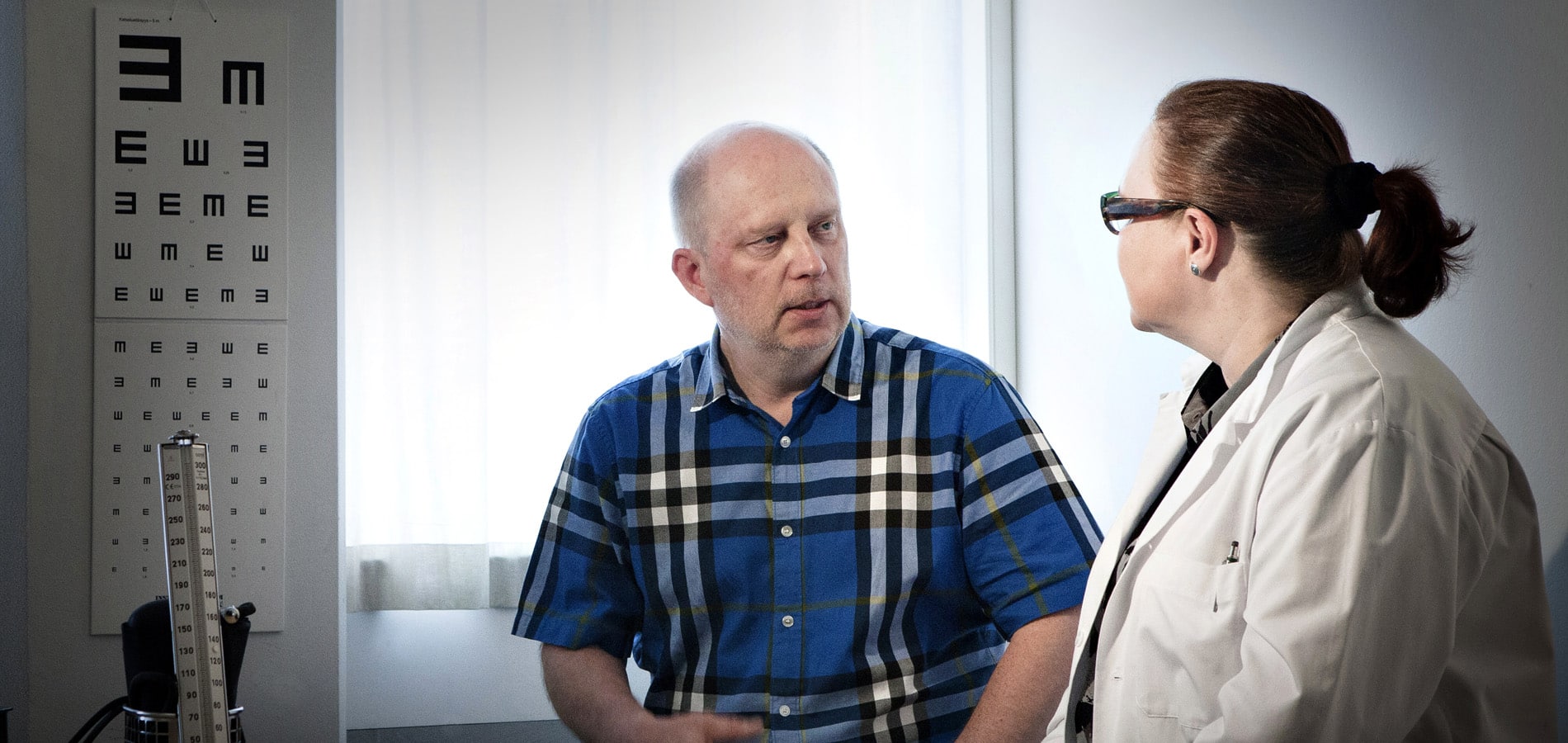
Follow-up care
After treatment, you will be followed up. Cancer patients are followed up at regular intervals. Follow-up varies depending on the type of cancer and how far the cancer has spread. You may receive follow-up care for some time after treatment in a specialist hospital and then transfer to primary care.
Read article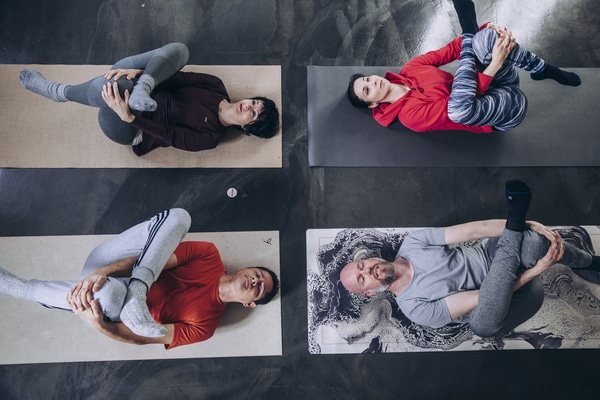
Exercise and cancer
Research shows that there is strong evidence that exercise has many benefits for people with cancer.
Read articleLive after cancer
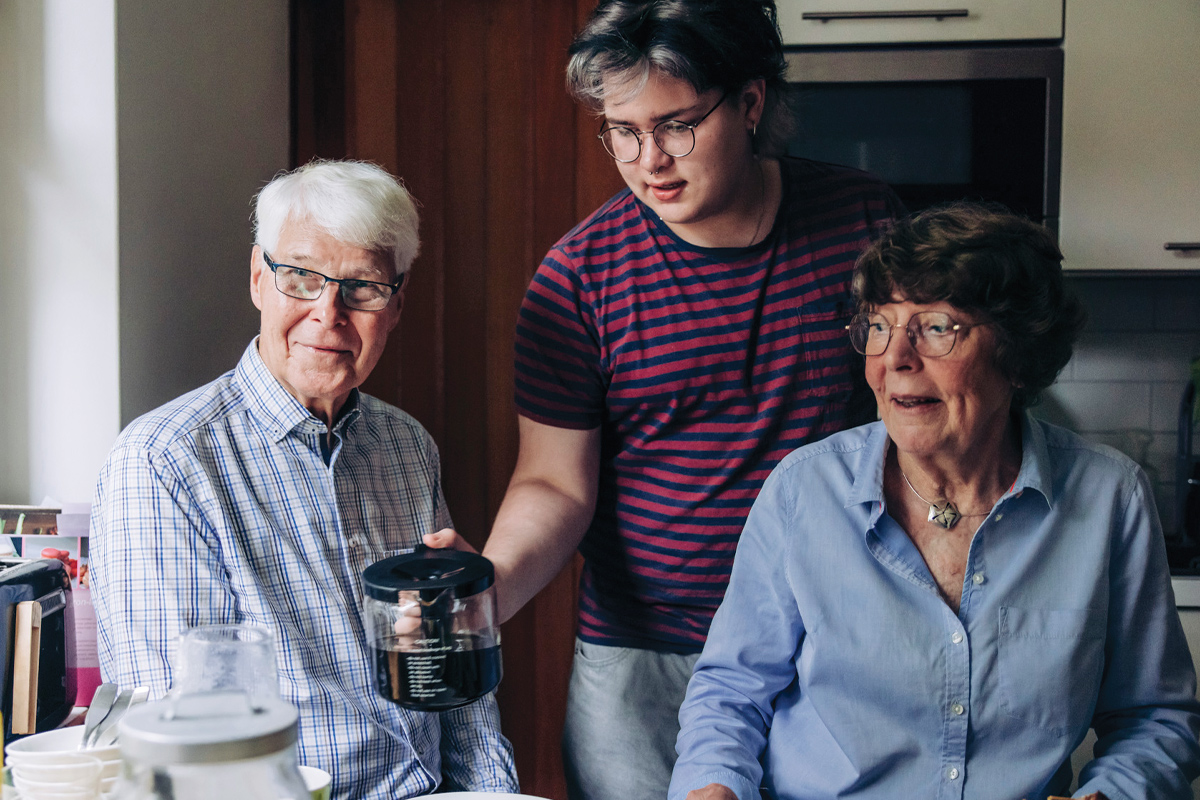
After cancer
Yhä useampi syövän sairastanut voi palata hoitojen jälkeen normaaliin elämään. Sairauden läpikäyminen vie oman aikansa. Syöpähoitojen loputtua on parasta ottaa rauhallisesti ja kerätä voimia.
Read article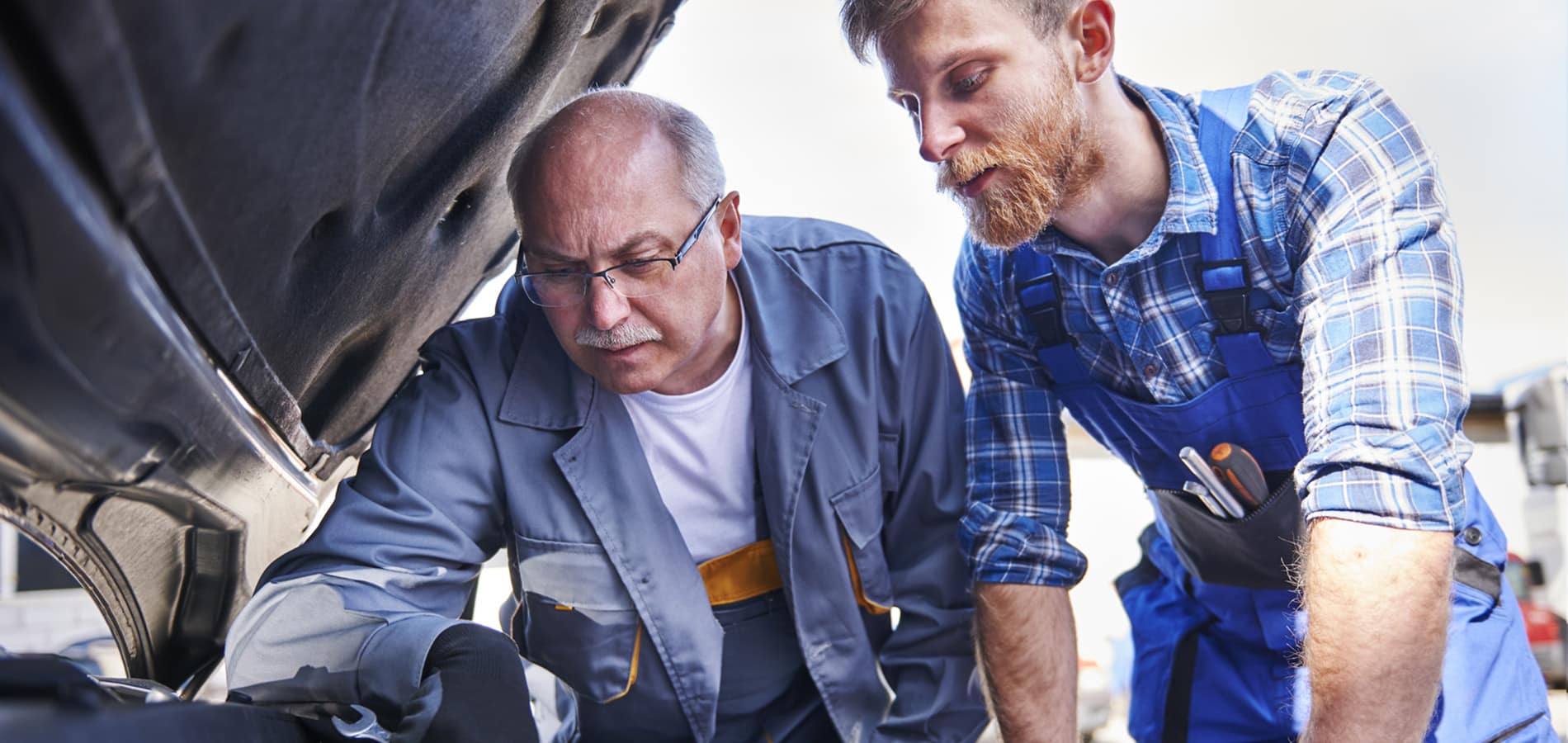
Back to work after cancer
A long absence from work may require support, flexibility and rehabilitation. The best results come from cooperation between the employer, employee and occupational health service.
Read article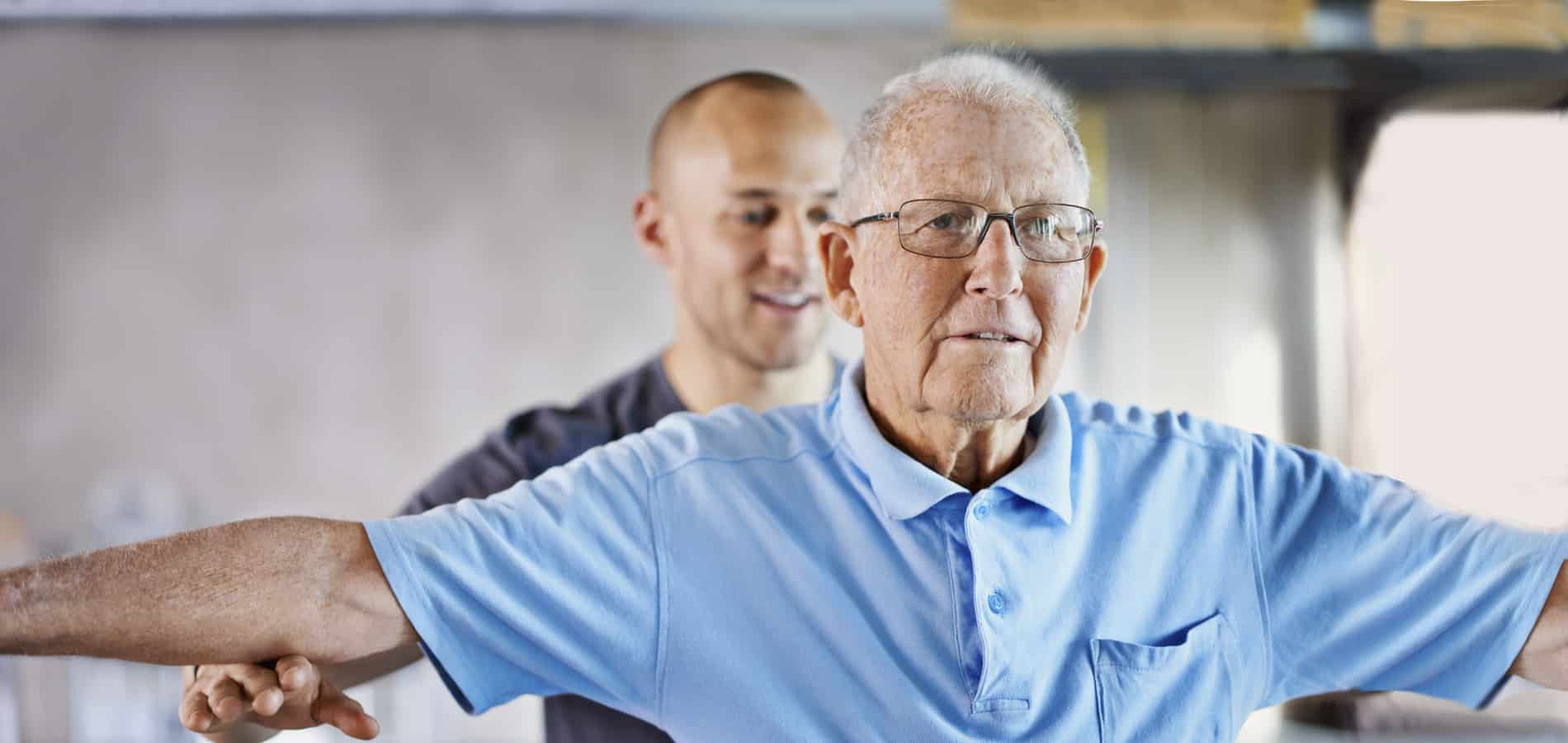
Rehabilitation in public sector
You can get rehabilitation from the public healthcare side if your illness and its treatments have affected your ability to work and function and survive in everyday life.
Read articleCancer recurrence
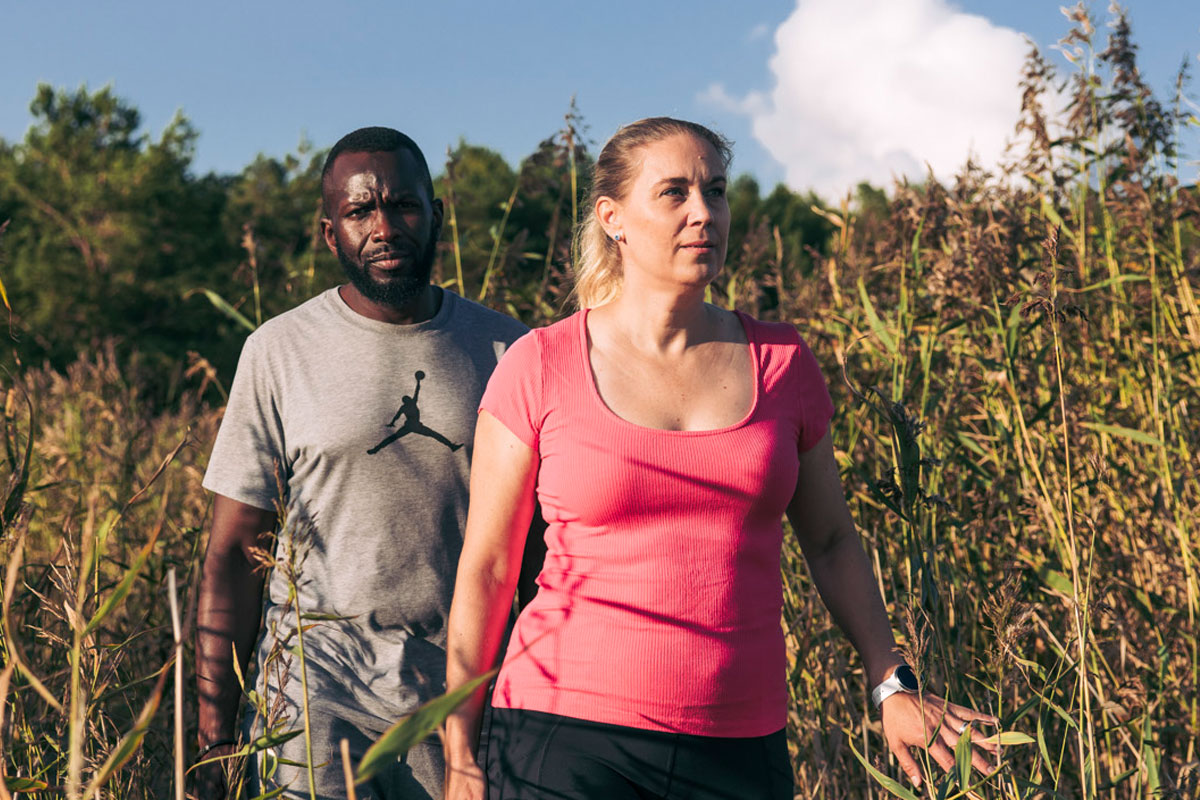
Supporting a person who is ill
Seeing a loved one suffering and in pain can make you feel helpless and insecure. You both have your own suffering to deal with. You would like to be there to support and help them, but you don’t know how or in what way.
Read article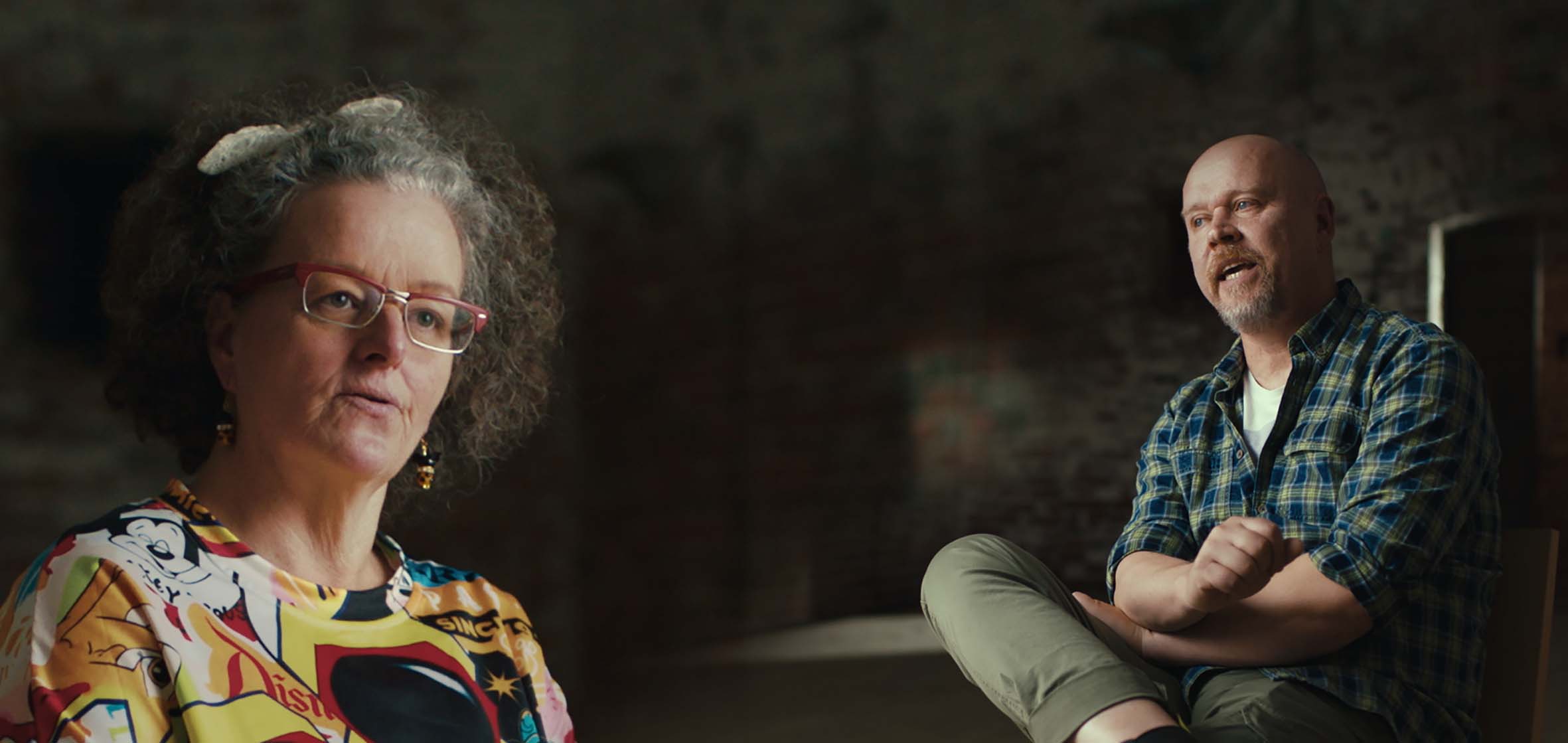
Peer support
Voit saada vertaistukea sekä kahden kesken tukihenkilön kanssa, että vertaisryhmässä. Vertaistukea on tarjolla sekä kasvokkain että etänä.
Read articleChronic cancer and palliative care

Loved ones’ grief
The death of a loved one and the ensuing grief is a long process with many stages. The closer the patient is to you, the harder it is to let go.
Read article